The 18-team qualifiers for the 2026 World Cup Asian zone are in full swing, with five rounds already completed. In Group C, each team has shown different levels of strength and fate trajectories, and the upcoming sixth round will mark the beginning of the second half and determine the future qualification situation for each team.

In the first five rounds, Japan has demonstrated absolute dominance with four wins and one draw, accumulating 13 points to top the group. They have remained undefeated and excelled offensively, especially in the last round against Indonesia, where they showcased their powerful firepower. This has given Japan a seven-point lead in the group, and according to current trends, they are likely to secure direct qualification for the World Cup as early as March next year.

China's journey, on the other hand, has been quite tortuous. After experiencing ups and downs in the previous rounds, the victory in the last round away against Bahrain became an important turning point. This victory not only helped the team secure crucial three points but also tied them with Australia and Saudi Arabia on the leaderboard, with all three teams accumulating six points. Although China is temporarily ranked fourth due to a goal difference disadvantage, the gap with the second place is only nine goals, giving the team hope to compete for the second place in the group.

In the upcoming sixth round, China will face a challenging opponent, Japan. Historically, this has been a difficult opponent for Chinese football, with 31 encounters resulting in a record of seven wins, eight draws, and 16 losses for China, showing a clear disadvantage. More worryingly, China has gone 15 consecutive matches without a win against Japan, with their last victory dating back to 1998, a span of 26 years that has witnessed China's difficulties against Japan.
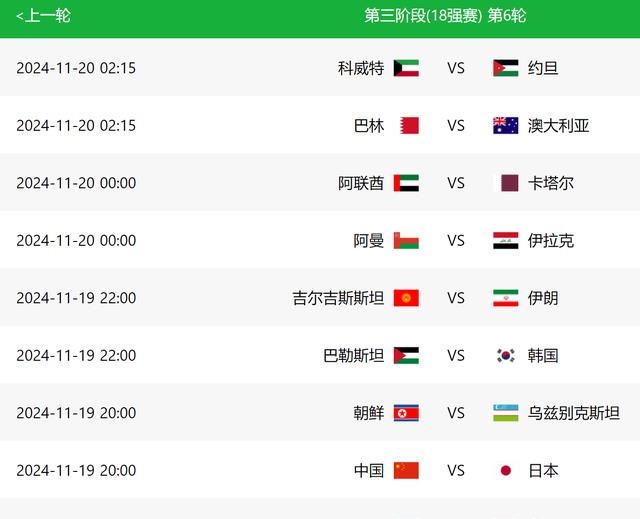
Under this historical burden, the gap between China and Japan is not only reflected in the scores but also in the overall level of football development. Japan, with its well-established youth training system, professional league system, and the experience of many European-based players, has maintained a leading position in Asian football. They have not only performed outstandingly in Asian events but have also achieved remarkable results in the World Cup, demonstrating the strength of a top Asian team.

In contrast, China has made many efforts in football reform in recent years, but the results have not yet met expectations. Especially in the confrontation with Japan, there are obvious gaps in both technical and tactical levels as well as in-game adaptability. This gap exists not only at the senior national team level but also in the confrontations between youth teams.

When playing at home, China often manages to ignite stronger fighting spirit. Looking back at past encounters, even if they ultimately failed to win, China has managed to trouble Japan several times in home games. For example, in some previous World Cup qualifiers and Asian Cup matches, China relied on home advantage and tenacious willpower to draw with Japan several times. Although these matches did not change the losing streak record, they at least demonstrated China's competitive resilience in important matches.

For this match, China has chosen to play at home, where field conditions and climate factors will have a positive impact on the team. Moreover, after defeating Bahrain in the last round, China's morale is high, and this psychological advantage may come into play when facing Japan. Although there is an objective gap in strength, football matches are often unpredictable, and the team's fighting spirit and in-game performance are equally important.
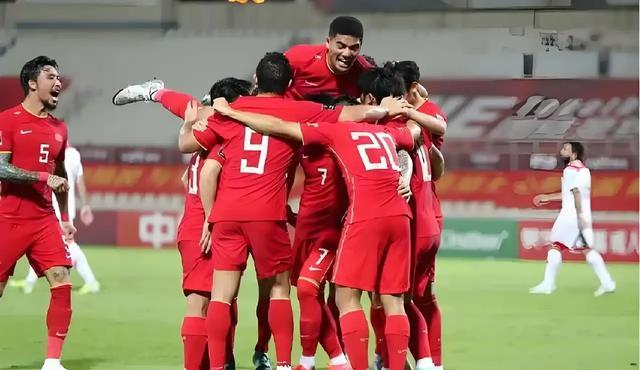
Tactically, facing the superior Japanese team, China is likely to adopt a defensive counter-attack strategy. Controlling the game rhythm, reducing mistakes, and seizing any potential weaknesses of the opponent are key factors that could help the team gain an advantage in the match. Especially in home games, making good use of the support from the audience to pressure the opponent is also a tactical choice worth considering.
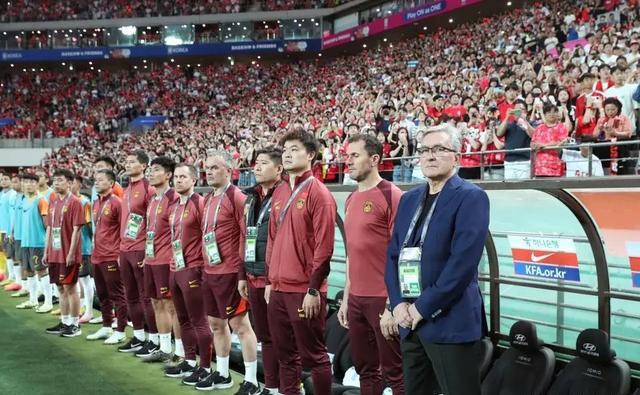
British media "Mole Sports" has made a relatively pessimistic prediction for this match, believing that China may suffer a 0-4 defeat, with only a 16.5% chance of drawing. Such a prediction, although not very optimistic, does reflect the objective gap in strength between the two teams.
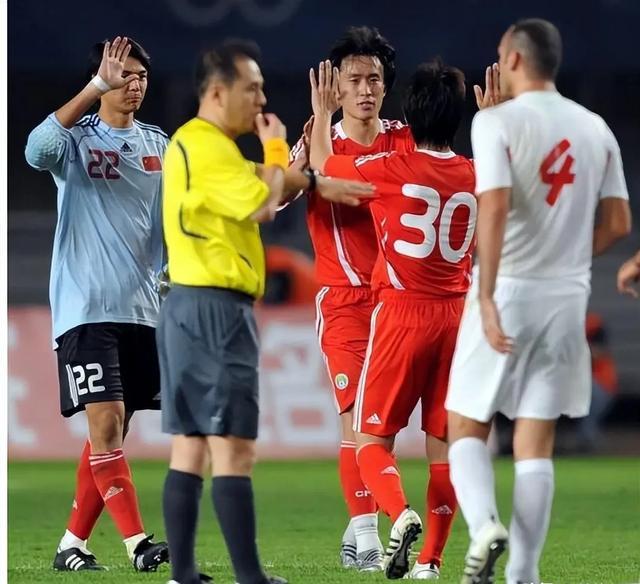
In other matches of the same round, Indonesia will host Saudi Arabia, while Bahrain will face Australia. The results of these matches will directly affect China's ranking in the group. Currently, Indonesia has lost five consecutive rounds and is at the bottom of the group; Saudi Arabia has suffered three consecutive draws and is also in poor form; while the match between Australia and Bahrain is likely to end in a draw.

For China, even if they lose to Japan, as long as the other two matches end in draws, they can avoid further decline in the rankings. Although this result is not the most ideal, it can at least maintain the current position and continue to fight for the second qualifying spot in the group.
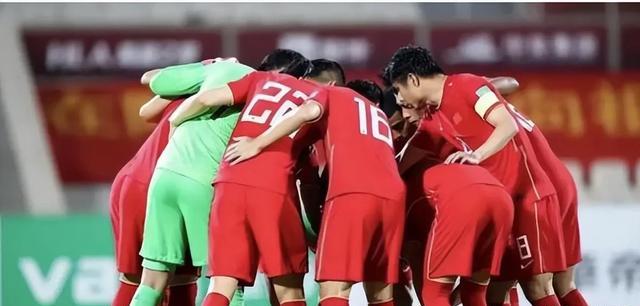
In the current group situation, although China faces challenges in competing for the second place, it is not entirely hopeless. Looking at the remaining schedule, besides this round's match against Japan, China will still face several direct competitors in other matches, which will all become critical points for scoring.

Particularly noteworthy is that after this round, China's direct confrontations with Australia and Saudi Arabia have not yet taken place. This means that China still controls its own destiny, and if they can achieve good results in these key battles, they will have a chance to change the current ranking situation. Especially the goal difference gap, although currently lagging by nine goals, can be gradually reduced through subsequent matches.
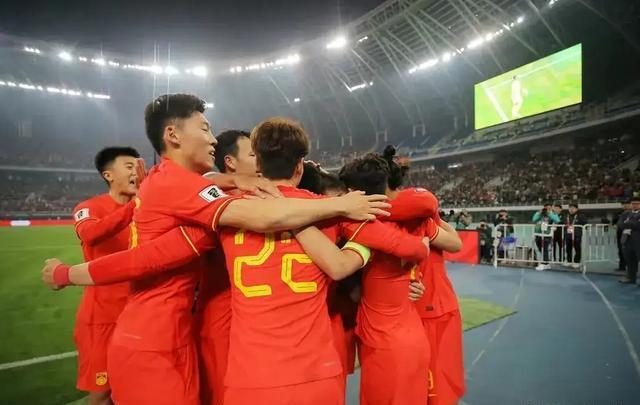
In terms of strength comparison, the gap between China and Australia and Saudi Arabia is smaller than that with Japan. This means that in the upcoming matches, China will have a greater chance to score points. Moreover, both the Australian team and the Saudi team have not been in particularly good form recently, which might be an opportunity for China. Another factor to consider is the scheduling. In the upcoming matches, China will have more opportunities to play at home. Home advantage is not only reflected in field adaptability but also in fan support, which is particularly important in matches against strong opponents and could be a key factor in helping the team achieve better results.

At the same time, the mutual confrontations between other teams in the group will also affect the final qualification situation. For example, there is still a match between Australia and Saudi Arabia, and the result of this match will directly affect the points situation among the three teams. If this match ends in a draw, it would undoubtedly be the most favorable outcome for China.

Looking ahead, China needs to maintain stability in defense while focusing on improving offensive efficiency. Because in the possible loss against Japan, subsequent matches must make up for the goal difference through goals. This requires the team to be more flexible in tactical arrangements, ensuring stable defense while seizing every offensive opportunity. Psychological adjustment is also extremely important for the team. Even if they may suffer a loss in this round, it should not affect the team's morale and performance in subsequent matches. The coaching staff needs to help the players adjust their mentality, focusing on the points that can be fought for in the upcoming matches rather than dwelling on the shadow of defeat.

The scheduling of this round's matches is also intriguing, with China's match against Japan and Indonesia's match against Saudi Arabia starting simultaneously at 8 pm on November 19th, while Bahrain's match against Australia will not start until 2:15 am on the 20th. This scheduling means that after completing their own match, China will have to wait for the results of other matches to finally determine their group ranking after this round.
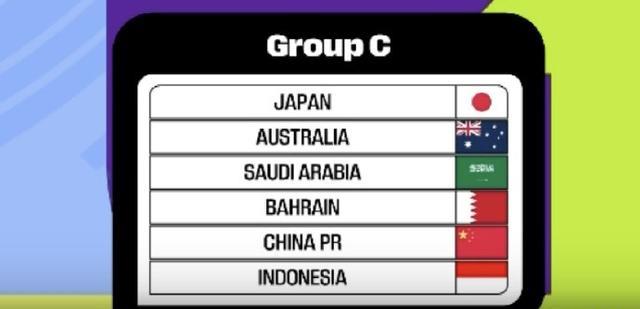
As the matches approach, attention from all sides is steadily increasing. Regardless of the outcome, this will be an important moment to test China's strength and will. On the competitive stage of Asian football, every match is a precious training opportunity and an important platform to showcase progress.